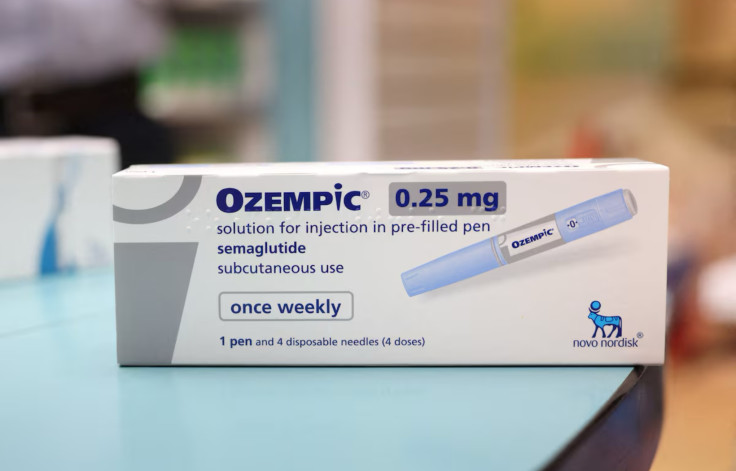With $199 Price, Ozempic Prescriptions Expected to Soar — Experts Warn of Risks
Adverse events include risks such as thyroid cancer, pancreatitis, and other serious health concerns

On Monday, Novo Nordisk announced a significant initiative to make its blockbuster drugs, Wegovy and Ozempic, more accessible to patients living with obesity and chronic conditions like diabetes. The company is offering these medications at a limited-time price of $199 (£151.20) per month for new self-pay patients. This promotion begins immediately and will run until 31 March 2026.
Patients can access this introductory offer for the two lowest doses of the GLP-1 medications during the first two months. After this period, the price will revert to the standard monthly rate of $349 (£265.10). The aim is to ease affordability barriers and encourage more patients to seek effective treatment options.
Easy Access Through Multiple Channels
To streamline access, these offers are available directly via the websites wegovy.com and ozempic.com, through NovoCare Pharmacy, and via various telehealth providers, including Costco, GoodRx, WeightWatchers, and LifeMD.
Patients with qualifying commercial insurance can also benefit from Novo Nordisk's savings programmes, which allow them to pay as little as $0 per month for Wegovy or $25 (£19) per month for Ozempic. This initiative aims to expand treatment accessibility amidst rising demand.
How Do These GLP-1 Medications Work?
Both medications contain semaglutide as the active ingredient. Wegovy injections, when combined with a reduced-calorie diet and increased physical activity, can help reduce the risk of major cardiovascular events such as heart attack or stroke in adults with obesity and known heart disease.
In simple terms, semaglutide mimics a natural hormone called GLP-1, produced in the gut, which regulates appetite and food intake. GLP-1 receptors are found in the brain, where they control hunger and satiety. By activating these receptors, semaglutide reduces feelings of hunger, leading to decreased calorie consumption.
Ozempic injections are primarily used to improve blood sugar control in adults with type 2 diabetes and to lower the risk of cardiovascular events. The drug also helps manage chronic kidney disease.
The active ingredient suppresses glucagon hormone production in the pancreas, which plays a key role in blood sugar regulation. Semaglutide binds to GLP-1 receptors, reducing glucagon release and thereby lowering blood sugar levels in people with diabetes.
Adverse Events are Common, Sometimes Dangerous
While these drugs offer tremendous potential for millions battling obesity and diabetes, Novo Nordisk has warned about serious adverse effects. One of the most concerning is the development of thyroid tumours, including thyroid cancer, which has been observed in some cases.
The company also lists several other adverse events for both medications, such as pancreatitis, gallstones, kidney failure, abdominal issues, and vision disturbances in patients with type 2 diabetes. Common side effects include nausea, diarrhoea, vomiting, constipation, headache, fatigue, stomach flu, heartburn, and sore throat. Many of these side effects have been documented in multiple independent studies.
FDA Concerns Over Unapproved GLP-1 Usage
The U.S. Food and Drug Administration (FDA) has issued warnings regarding unapproved or compounded versions of GLP-1 medications, including semaglutide and tirzepatide, often used for weight loss. Such products can be risky, especially when obtained through illegal online channels or counterfeit sources.
The FDA reports over 1,000 adverse events linked to compounded semaglutide and tirzepatide formulations as of 31 July, often resulting from dosing errors or counterfeit products. Patients are urged to exercise caution and consult healthcare professionals before using these treatments.
A Cautionary Note
While GLP-1 medications like Ozempic and Wegovy can be life-changing for many, they are not without risks. Serious side effects, including thyroid cancer and pancreatitis, highlight the importance of medical supervision. Patients should monitor their health closely and stay in regular contact with healthcare providers to manage potential adverse effects effectively.
© Copyright IBTimes 2025. All rights reserved.






















